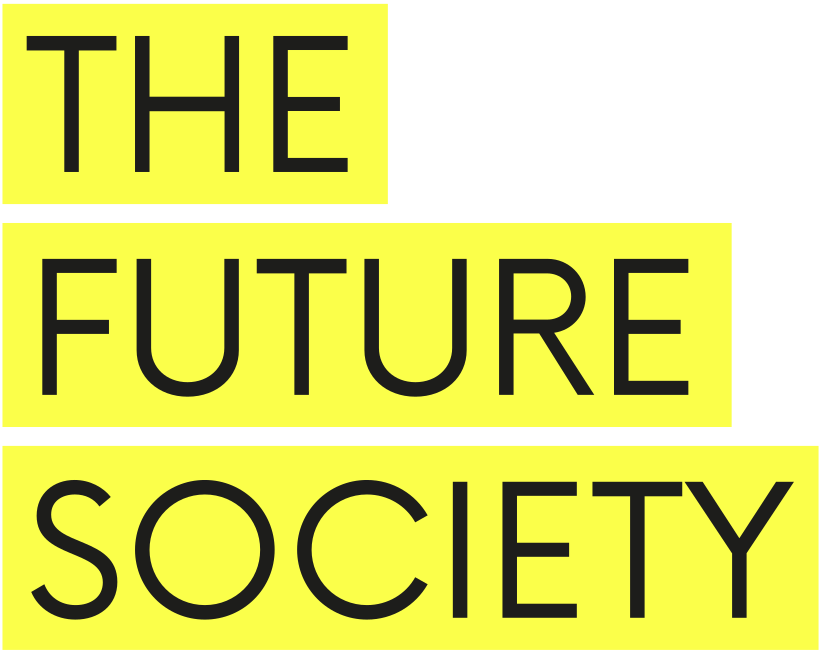Main Insight
Published in Oxford’s International Data Privacy Law Journal, our article offers an ethical and legal framework to govern the development of contact tracing apps in order to build trust and social acceptability.
Digital contact tracing against COVID-19: a governance framework to build trust
June 8, 2021
Since the start of the pandemic, countries around the world have been confronted to an unprecedented health crisis, raising complex social, economical, and ethical challenges. To mitigate the spread of COVID-19, and as a way to transition out of complete lockdown, several Latin American countries have deployed or are considering deploying digital contact tracing applications.
However, worldwide concerns have been raised over the widespread and generalized adoption of digital contact tracing applications. Concerns include their purpose, performance, impacts on privacy, data protection, human agency, and risks of stigmatization. Many of these emanate from mistrust in public authorities or technology firms, and fear of establishing mass surveillance. Disinformation and the lack of clear ethical, legal, and technical safeguards have polarized the public debate at a time when we need to build trust, and should not have to sacrifice civil liberties for public health.
There is therefore a pressing need to co-design governance mechanisms that capture the health benefits of contact tracing applications while mitigating their potential risks and adverse effects. The urgency of the situation should not impact our collective ability to make informed decisions, and to responsibly navigate potential tensions between public health, safety, and civil liberties. Evidence suggests that the widespread adoption and efficacy of contact tracing applications is reliant on public trust and social acceptability, further reinforcing the need for ethical and legal frameworks governing their development.
Read our article, co-authored by Sacha Alanoca, Nicolas Guetta-Jeanrenaud, Isabela Ferrari, Nyasha Weinberg, R. Buse Çetin, Nicolas Miailhe.

